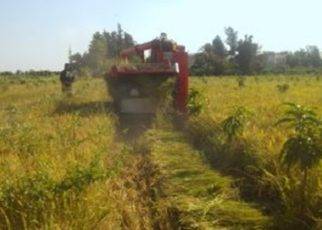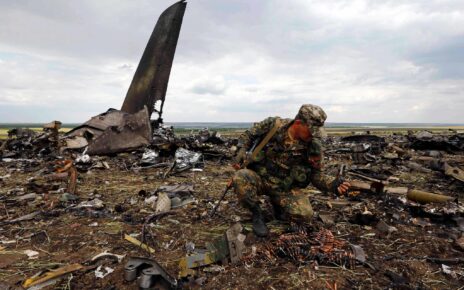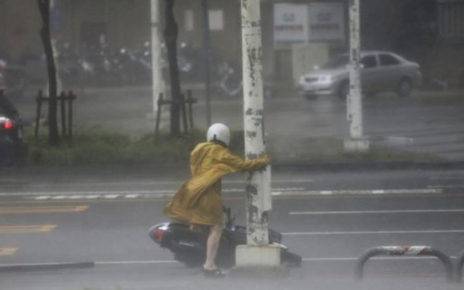Egyptian parliament banned Sunday rice growing in the country citing the necessity to save water amid the upcoming Grand Renaissance Dam in the upstream of river Nile in Ethiopia.
The Egyptian rice is well prized around the Arab world, but the crop is highly water-intensive. For decades the country has been one of the leading exporters of rice, but from 2019 it may start importing it to feed its 96 million population.
Safeguarding share of Nile and to make the country less rely on it for industry and drinking water is the top priority of president Abdel Fattah al-Sisi while he begins his second term.
Meanwhile, the authorities are also cracking down on illegal growing of the rice crop revealing there is an utmost urgency of reserving water. Police have started raiding homes of farmers.
In 2018 only 724,000 feddans of rice crop can be planted. In 2017 about 1.8 million feddans planted rice and the offical allotment then was 1.1 million feddans.
Head of the farming association in Kafr Ziada village, Mohamed Abdelkhaleq, said police came to his house after midnight and took him to police station to pay fine.
Other farmers have similar story to share and people in the villages have become afraid of such raids.
A 50-year-old farmer Reda Abdelaziz said, “If you’re traveling and they take your ID card and see you have a fine on you, they’ll put you in jail.”





